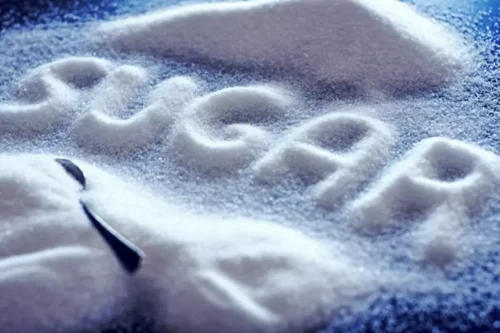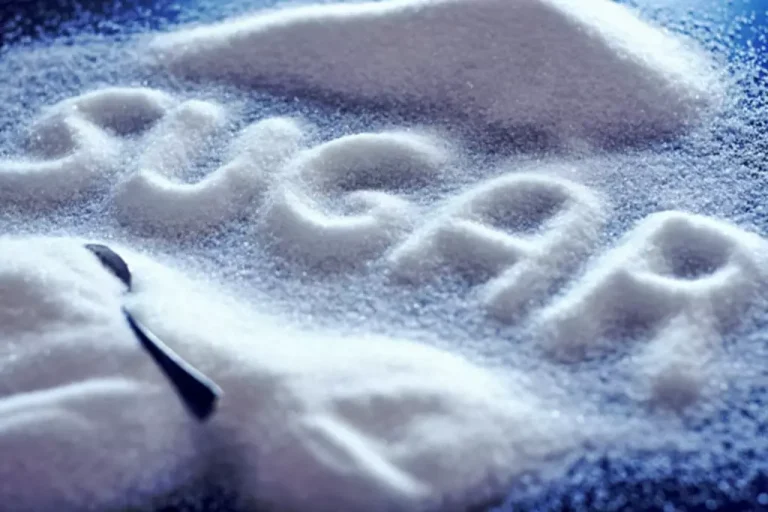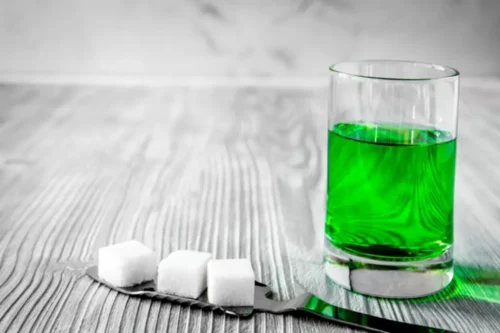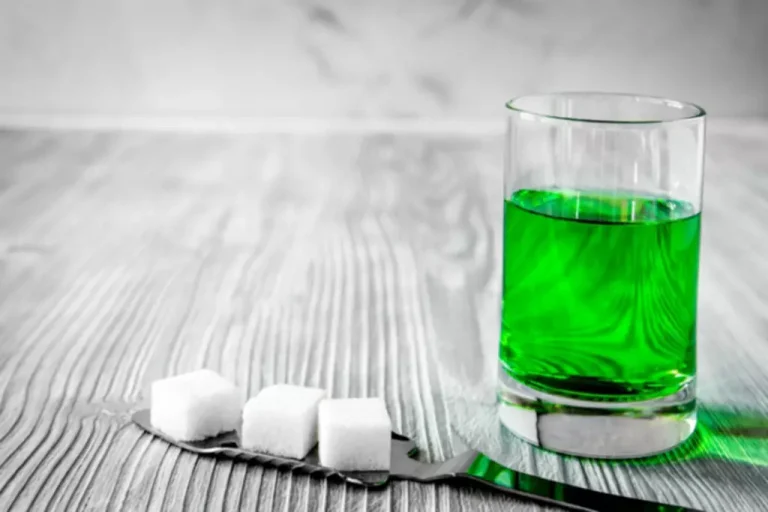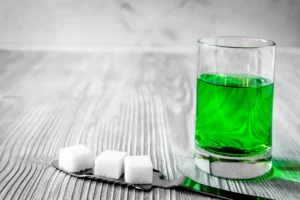فهرس الموضوع
A person who often gets hangover shakes might want to discuss AUD treatment with their doctor. The most effective way to prevent hangover shakes is to avoid alcohol use. When your body processes alcohol, one of the byproducts is acetaldehyde. In most people, the body breaks down acetaldehyde before it causes problems. But it can cause inflammation in organs, leading to uncomfortable symptoms. You’re also more likely to have memory, concentration and coordination issues shaky after drinking when you have a hangover.
Dehydration
- This may lead to the brain sending incorrect messages to the nerves in the hand, making the hands and fingers shake.
- DT’s are especially common if you do not eat enough during your drinking binge or have a long history of alcoholism.
- In most people, the body breaks down acetaldehyde before it causes problems.
But they can be debilitating if they affect activities such as shaving, eating, or writing. Medications, brain damage, and chronic conditions like Parkinson’s can also cause involuntary shaking. People who experience tremors and other symptoms of alcoholism should contact a doctor.
Treating Hangover Shakes
- Hangover shakes can be a real pain in the neck, but fortunately, there are several effective treatments to alleviate them.
- Archstone Behavioral Health Addiction Treatment Center is dedicated to providing comprehensive and effective residential treatment for individuals seeking recovery from addiction.
- After a heavy drinking session, your brain can get used to lower levels of stimulation caused by alcohol’s depressant effects.
- It is important to note that excessive electrolyte intake should be avoided, as it can have adverse effects on the body.
If you want to change your relationship with alcohol, speak with a professional to see how you can do it safely and effectively. Damage to the cerebellum caused by alcohol can lead to an intention tremor. This specific type of trembling is most noticeable when someone makes a purposeful move towards an item or object. These adjustments in brain chemistry are partly why those experiencing high alcohol tolerance often don’t seem drunk. DT can begin as early as 48 hours from a person’s last drink and can last as long as 5 days. Hangover shakes can make certain fine motor tasks, such as eating, typing, or dressing, more challenging.
Are hangover shakes dangerous?
If someone believes they may be experiencing alcohol use disorder or are experiencing tremors regularly, they should speak with a healthcare professional. Hangover shakes are typically considered a minor symptom of alcohol withdrawal. However, they can also be a sign of alcohol use disorder and other conditions. Since there is an overlap of possible signs and symptoms, individuals may choose to contact a healthcare professional if they experience any of the above symptoms. Hangover shakes can be a warning of more severe alcohol withdrawal symptoms to come. If you’ve recently stopped consuming alcohol and experienced shaking, talk to a doctor.
However, for individuals who engage in heavy and prolonged alcohol consumption, symptoms may not appear until several days after quitting drinking. Once symptoms and side effects of alcohol-linked brain damage develop, they usually worsen if alcohol substance use continues. These damages may become irreversible, even if the person stops drinking alcohol.
- These medicines may not work well together with other medicines you take.
- So, you know how you always have to go to the bathroom a lot when you’re drinking?
- The primary causes of hangover shakes include alcohol-induced dehydration, electrolyte imbalance, and alcohol withdrawal.
- If you are experiencing alcohol withdrawal, seek medical attention immediately, especially if you’ve been drinking heavily for a long time.
Alcohol-Related Brain Damage
Sometimes, hangover shakes can be a warning that more serious effects like DT might follow. People living with AUD may be at higher risk of severe complications if they abruptly stop drinking. They should see a healthcare professional if they experience post-drinking tremors.

